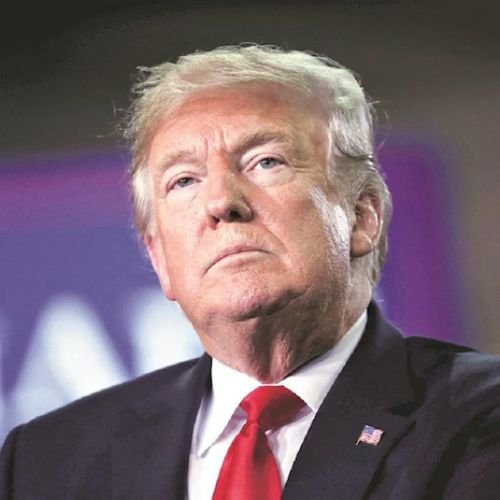For the first time in 116 years, the NAACP has not invited President Trump to its convention, citing civil rights concerns

For the first time in its 116-year history, the NAACP has chosen not to invite a sitting U.S. president to its annual national convention. The civil rights organization announced that President Donald Trump would not be extended an invitation to the 2025 convention in Charlotte, North Carolina, breaking a long-standing tradition of bipartisan engagement.
NAACP President Derrick Johnson stated that the decision was not about political partisanship but rather about protecting civil rights. “This has nothing to do with political party,” Johnson said.
“Our mission is to advance civil rights, and the current president has made clear that his mission is to eliminate civil rights.”
The NAACP has taken legal action against the Trump administration on multiple fronts in recent years.
One notable lawsuit targeted the Department of Education for cutting federal funds to universities with diversity programs.
These conflicts have only intensified the organization’s stance against associating with the current administration at its most important annual gathering.
Presidents from both parties, including George W. Bush, Barack Obama, and Ronald Reagan, have addressed the NAACP in previous years.
Even when faced with criticism, sitting presidents had historically accepted the invitation as a gesture of respect and engagement.
The current decision marks a significant departure, signaling that certain policies and rhetoric have crossed a line for the NAACP.
This year’s convention in Charlotte will concentrate on voting rights, racial equity, education reform, and community empowerment ahead of the 2025 election cycle.
Thousands of civil rights leaders, youth delegates, and community organizers are expected to participate in panels, workshops, and strategic discussions.
As of now, there has been no official response from the White House regarding the NAACP’s decision.
The organization has confirmed that no invitation will be issued and no representative from the administration will speak at the event.
By choosing not to invite President Trump, the NAACP is emphasizing its commitment to civil rights over ceremonial traditions.
This move reflects growing tensions between civil rights advocates and the current administration, and may set a precedent for how advocacy groups interact with power going forward.
This post was last modified on June 17, 2025 9:59 am